Budapest turned into a battleground of ideas and identity this week, as tens of thousands of Hungarians flooded the streets for dueling rallies that underscored a nation on edge ahead of its crucial upcoming elections. The day’s events—held on Hungary’s national holiday commemorating the 1956 anti-Soviet uprising—served as both a celebration of national pride and a stark reflection of Hungary’s growing polarization under Prime Minister Viktor Orbán’s long tenure.
A City Split in Two
On one side of the capital, government supporters gathered in a massive “peace march” championing Prime Minister Viktor Orbán’s leadership and nationalist agenda. Supporters carried Hungarian flags and placards reading “We stand for Hungary,” while speeches from ruling party officials urged the country to maintain its sovereignty and avoid being drawn into foreign conflicts, particularly the ongoing war in Ukraine.
Orbán, who has ruled Hungary for more than 15 years, used the occasion to reinforce his image as a defender of national interests against outside influence. “We will not allow Hungary to be dragged into someone else’s war,” he declared, emphasizing his opposition to deeper involvement in the Ukraine conflict and criticism of Western sanctions against Russia.
On the opposite end of the city, a rival rally drew an equally passionate crowd led by Péter Magyar, the rising opposition figure and founder of the Tisza Party. Magyar’s supporters filled the streets with chants demanding political change, transparency, and a renewed commitment to democracy and European values. Many waved European Union flags and carried signs reading “Russians go home!”—a pointed reference to both Hungary’s historical struggles and Orbán’s friendly ties with Moscow.
Opposition Gains Momentum
Péter Magyar, once a government insider, has rapidly emerged as a credible challenger to Orbán’s dominance. His fiery speech called for an end to corruption, a revitalization of democratic institutions, and a return to the European mainstream. “We are not enemies of Hungary—we are the future of Hungary,” he told the crowd, drawing loud applause.
Political analysts say Magyar’s growing popularity has turned Hungary’s 2025 election into the most unpredictable race in over a decade. His campaign has gained traction particularly among young voters, urban residents, and disillusioned moderates tired of Orbán’s confrontations with the European Union.
Competing Visions for Hungary
The contrasting messages from the two rallies reveal the deep ideological chasm running through Hungarian society. Orbán’s camp continues to champion nationalism, traditionalism, and economic self-reliance, presenting itself as the defender of Hungarian sovereignty against what it calls “foreign meddling.”
The opposition, in contrast, argues that Orbán’s policies have isolated the country diplomatically and economically, weakened democratic institutions, and fostered widespread corruption. Magyar’s movement has sought to portray the election as a choice between “the past and the future,” with his campaign framing itself as a modern, pro-European alternative.
Echoes of History
The timing of the rallies—on the anniversary of the 1956 revolution against Soviet occupation—added emotional and symbolic weight to the political showdown. For many Hungarians, the day represents a struggle for freedom and self-determination. Yet this year, the meaning of that struggle seemed to depend on which rally one attended.
Orbán’s supporters likened the government’s resistance to EU pressure to Hungary’s fight for independence in 1956. Meanwhile, Magyar’s followers invoked the same history to call for liberation from what they view as an increasingly authoritarian domestic regime.
The Road to the 2025 Election
As Hungary heads toward its national vote next spring, both sides are mobilizing aggressively. Orbán’s Fidesz party continues to command strong loyalty in rural areas and among older voters, while Magyar’s Tisza Party is making inroads in cities and among younger demographics.
Economic concerns also loom large. Hungary has faced rising inflation, stagnant wages, and tension with Brussels over funding and rule-of-law disputes. These issues have eroded some of Orbán’s support base, though his government remains adept at rallying nationalist sentiment to maintain unity.
Europe Watches Closely
Hungary’s election will be closely monitored across Europe. As one of the EU’s most vocal dissenters on issues ranging from migration to sanctions on Russia, the outcome could significantly shift the political dynamics within the bloc. A Magyar victory would likely realign Hungary more closely with European partners, while another Orbán term would reinforce his model of “illiberal democracy” and continued defiance of Brussels.
A Nation at a Crossroads
The twin rallies in Budapest showcased both the vibrancy of Hungary’s political life and the fragility of its unity. The streets echoed with competing visions of patriotism—one rooted in sovereignty and independence, the other in reform and European solidarity.
As the campaign intensifies, one thing is clear: Hungary’s upcoming election will not simply decide who governs next—it will determine the country’s direction for years to come.

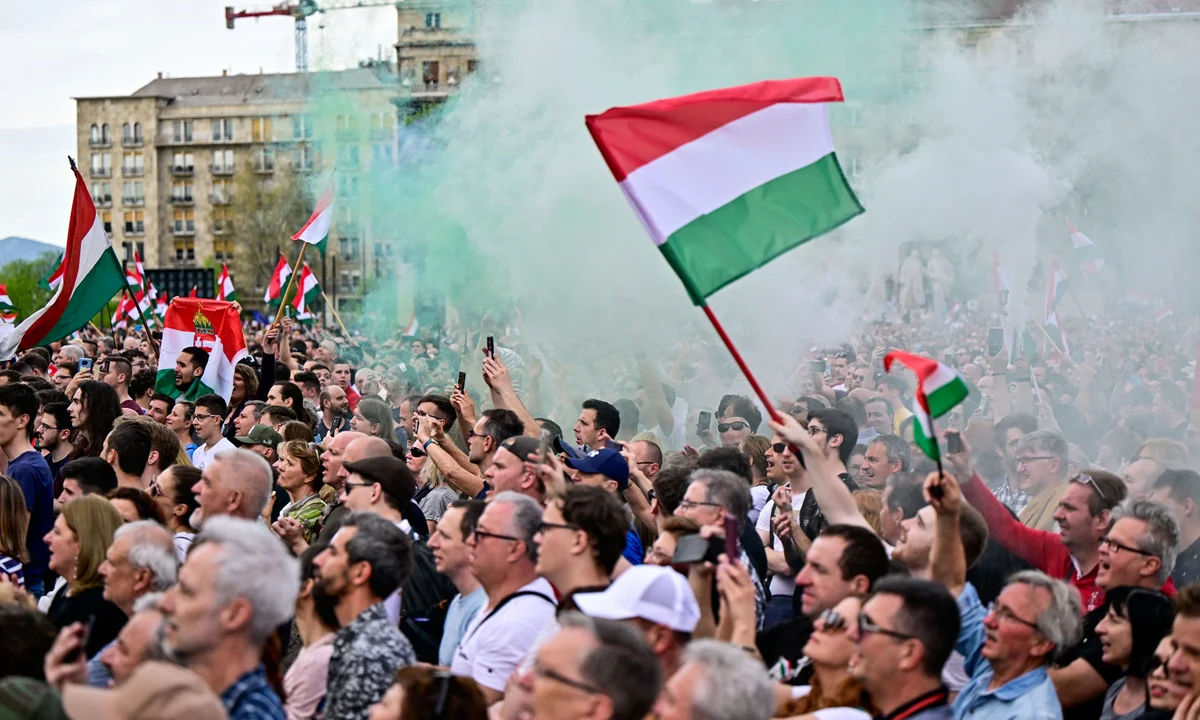
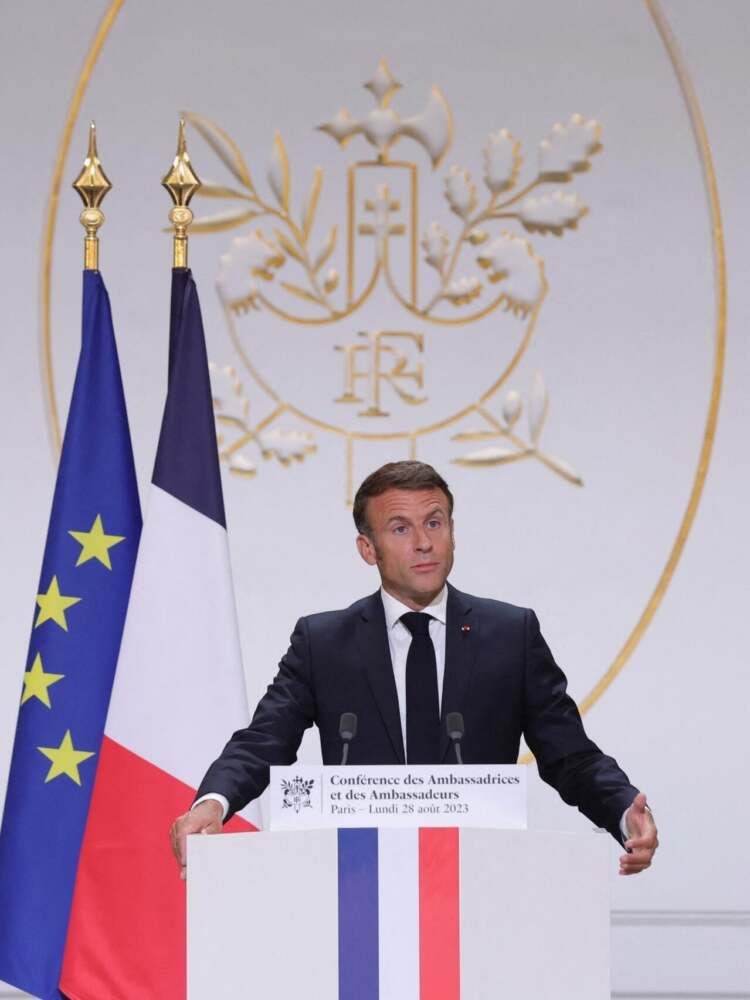
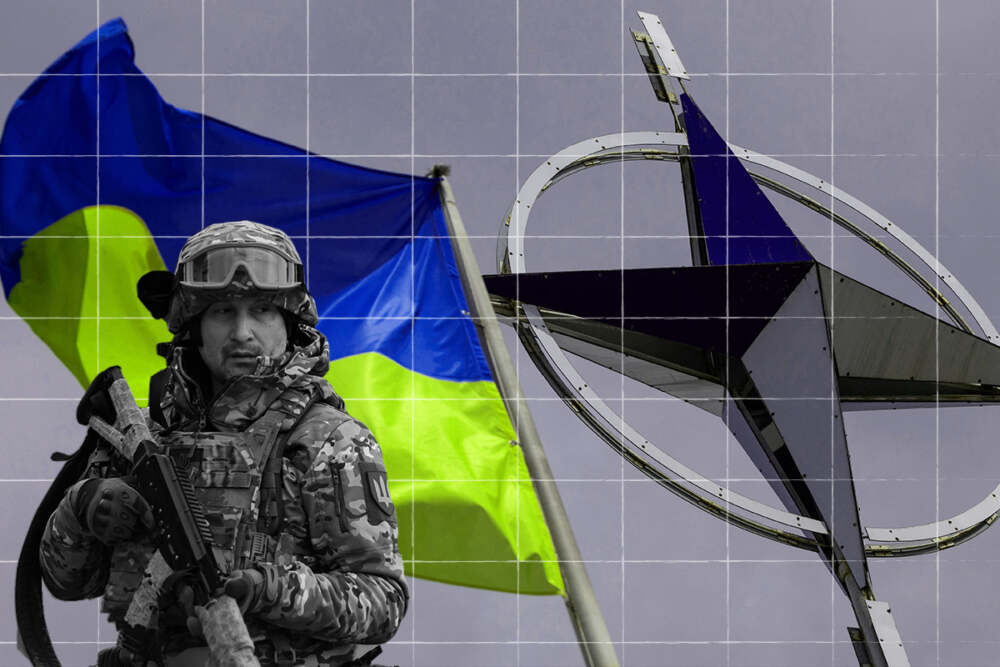
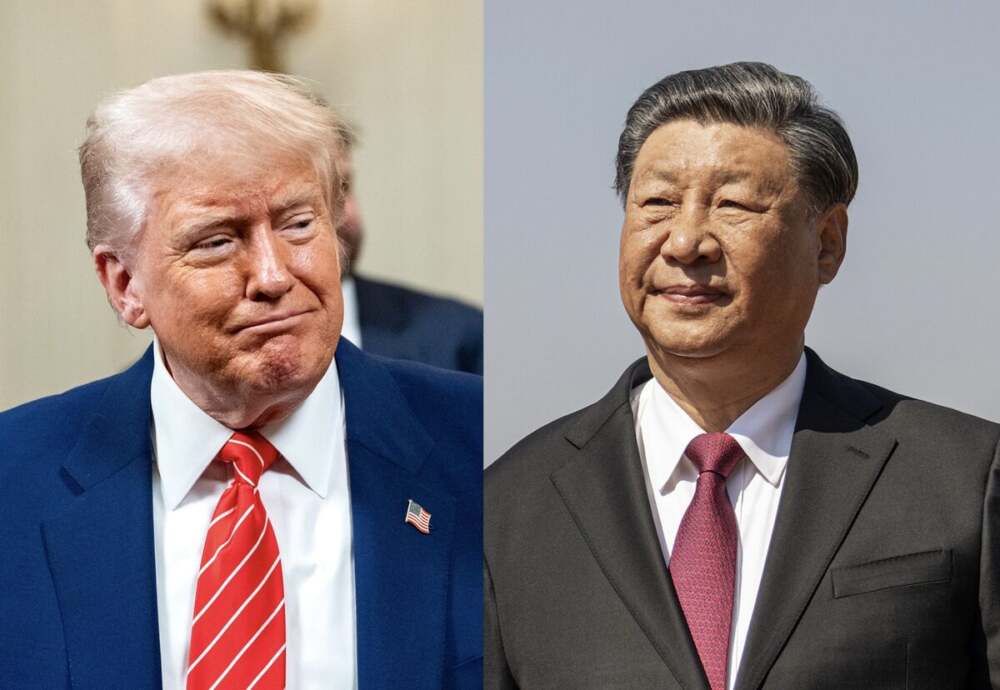
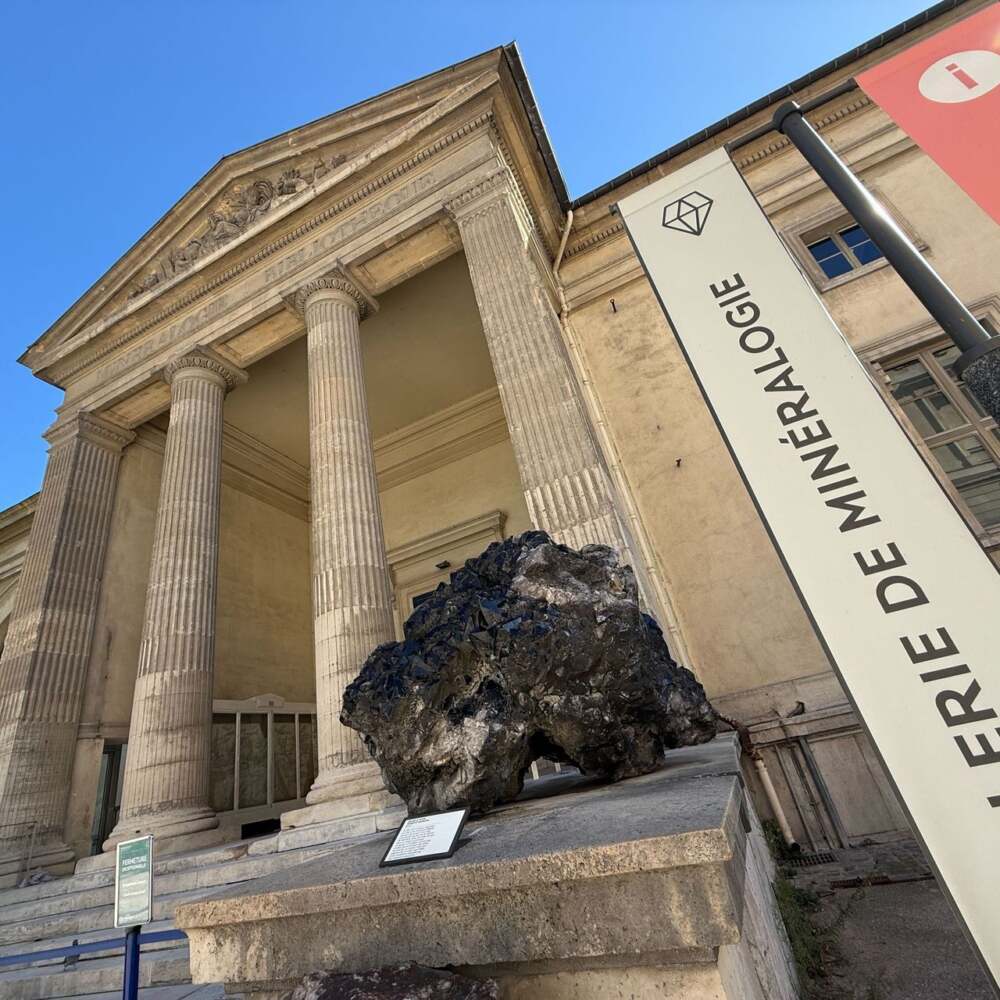
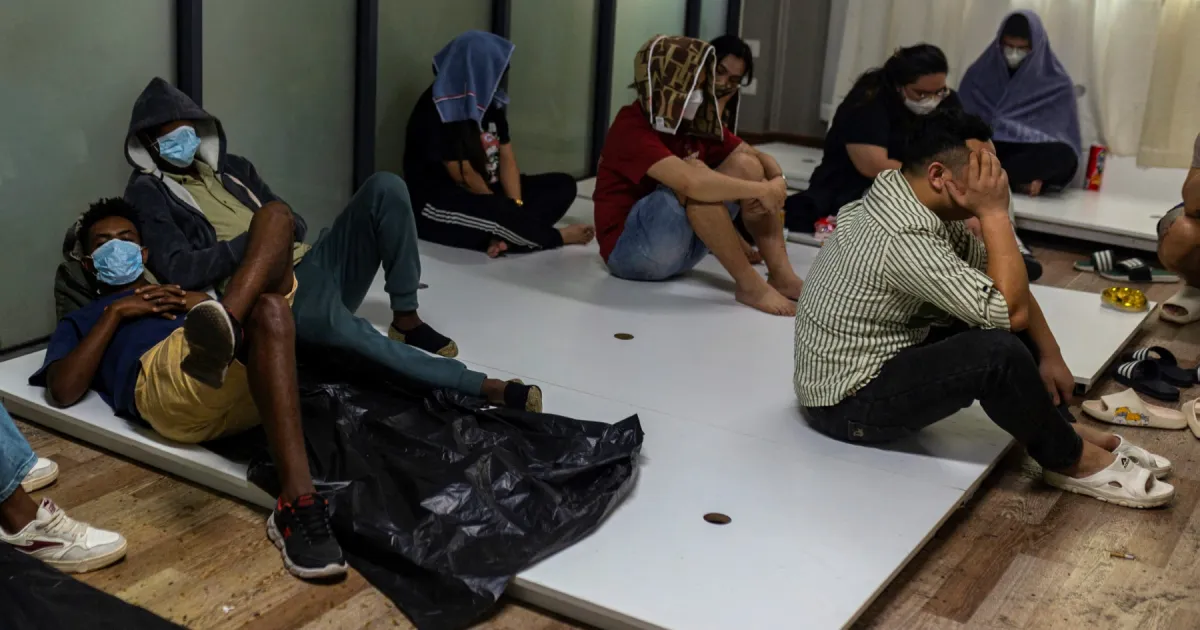
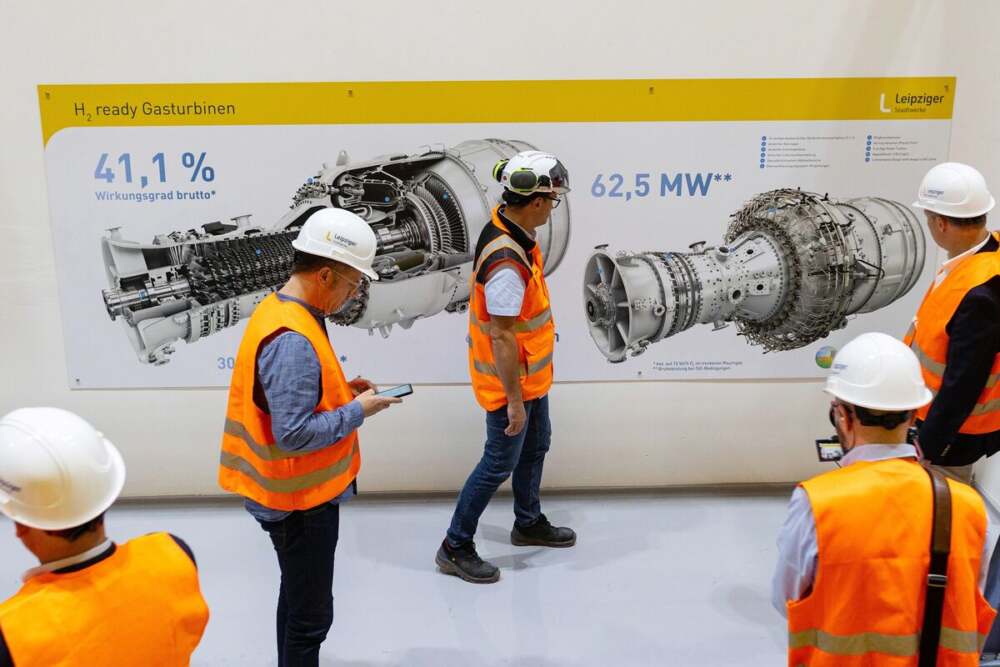
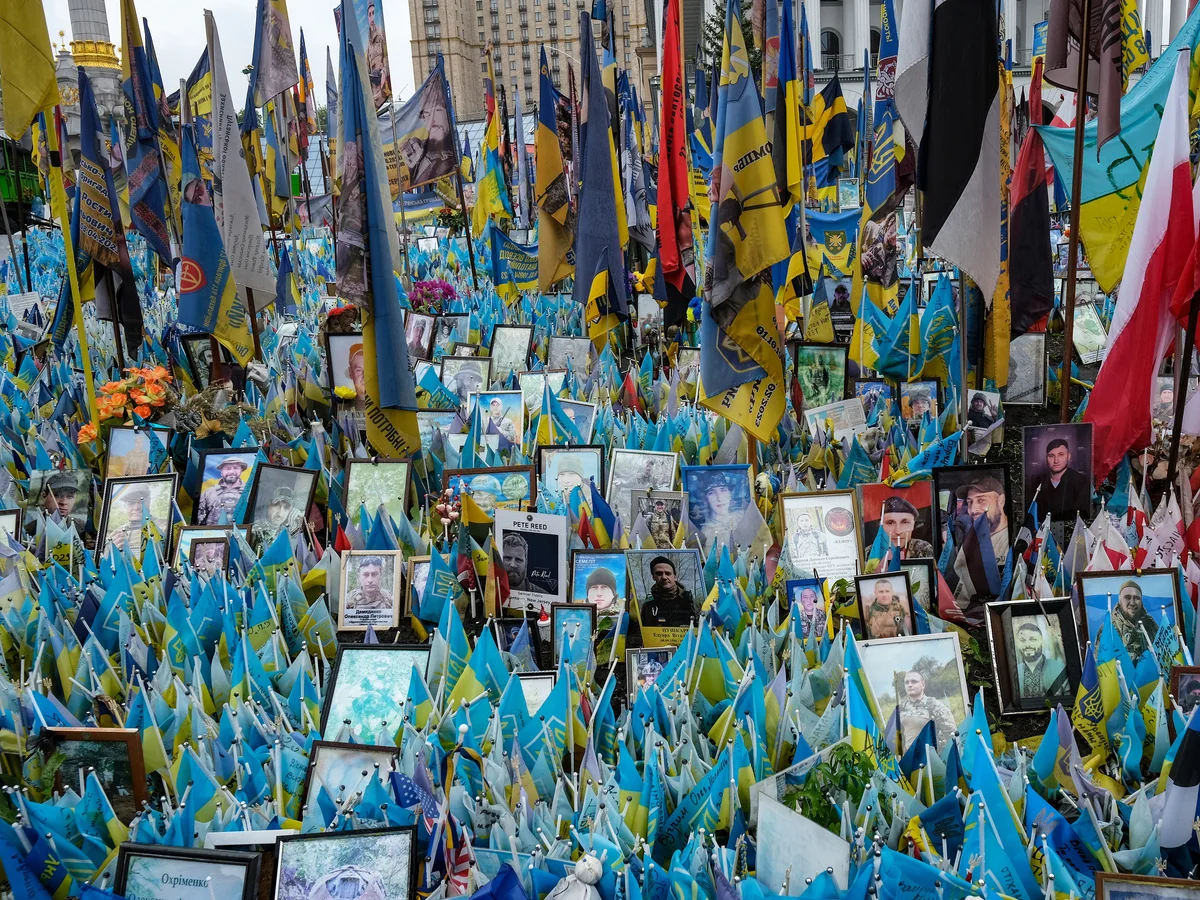

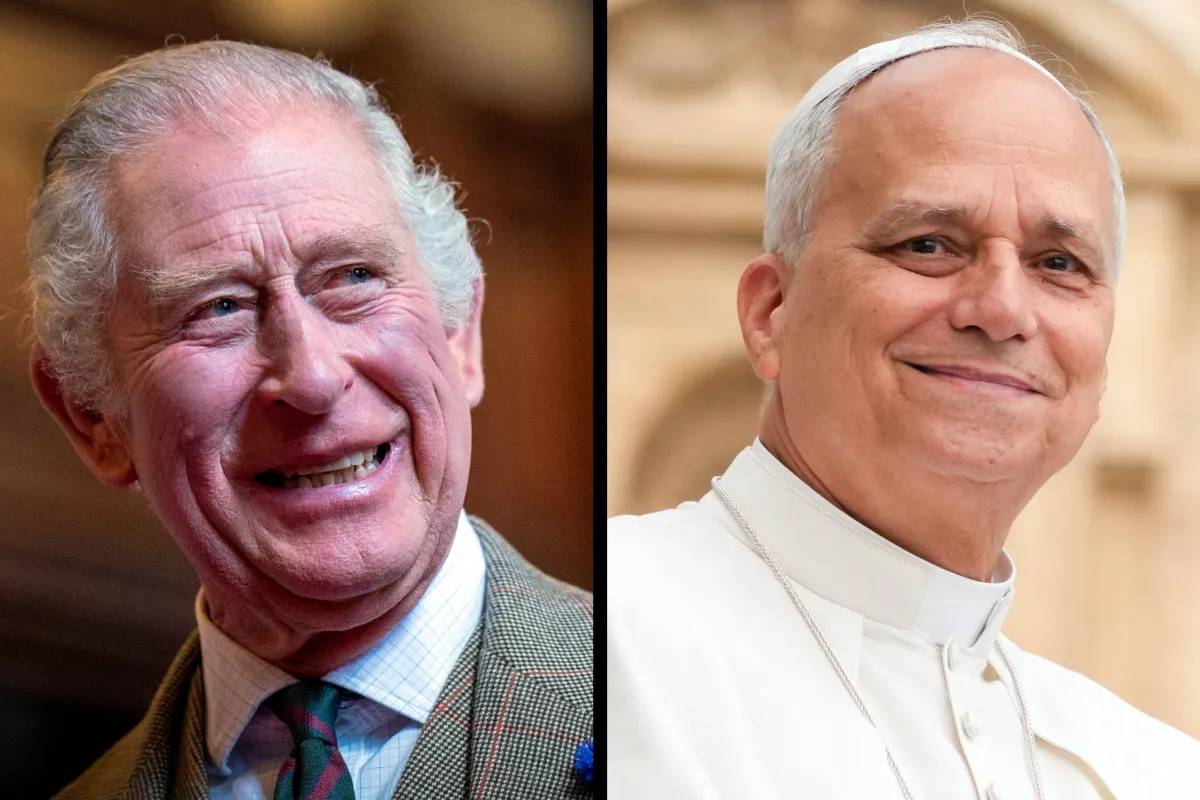
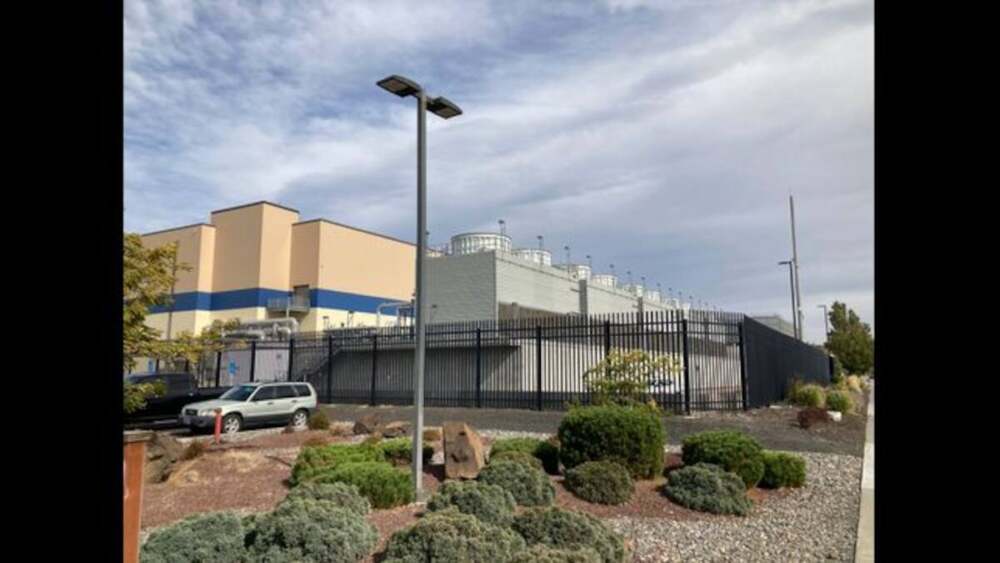
Leave a Reply